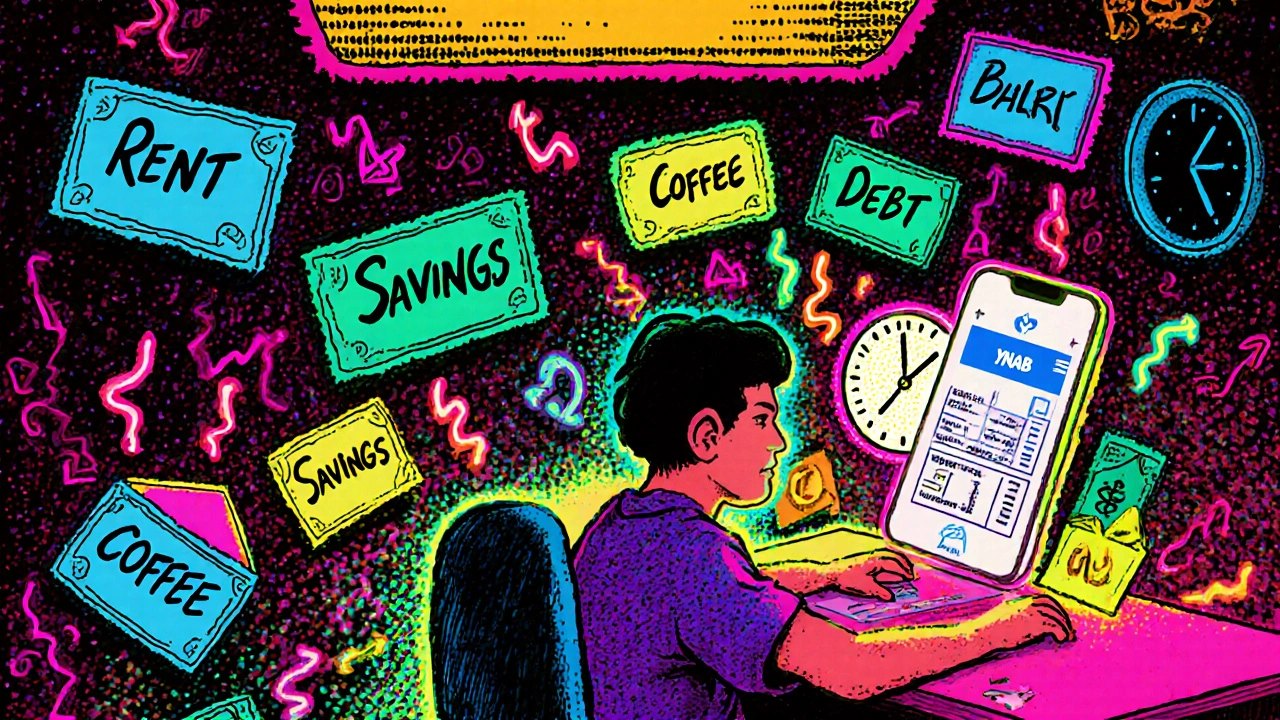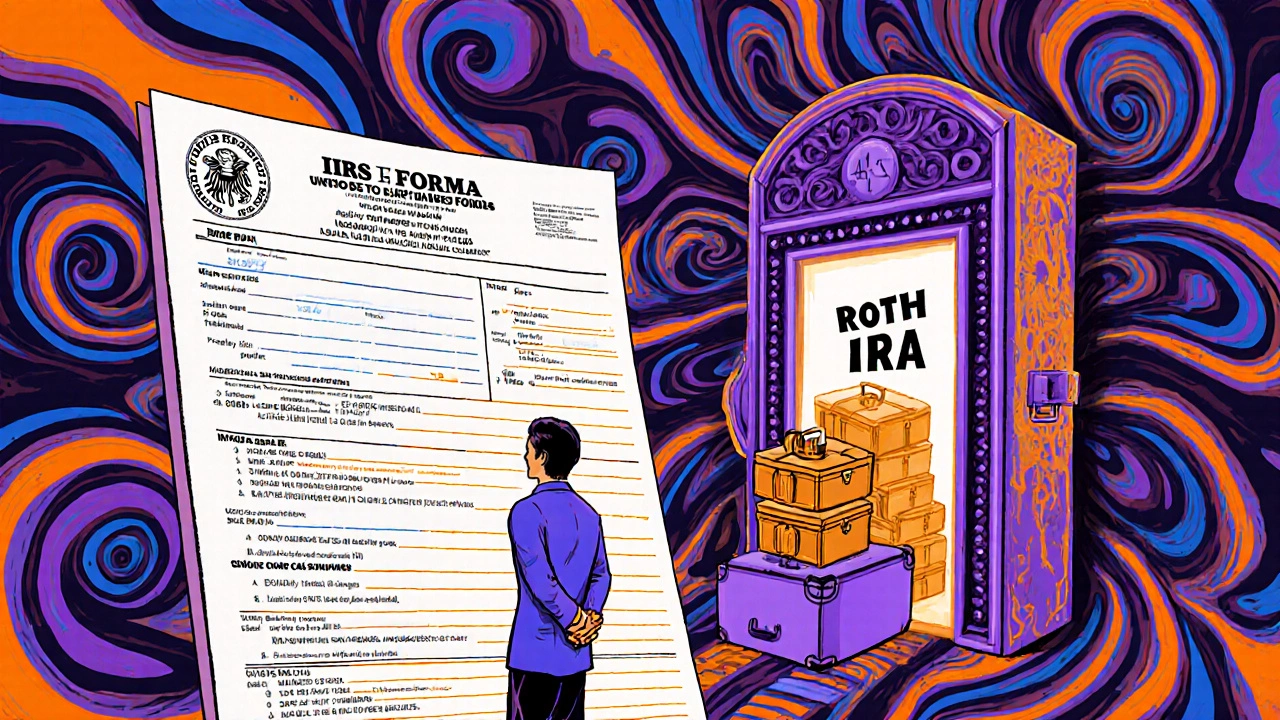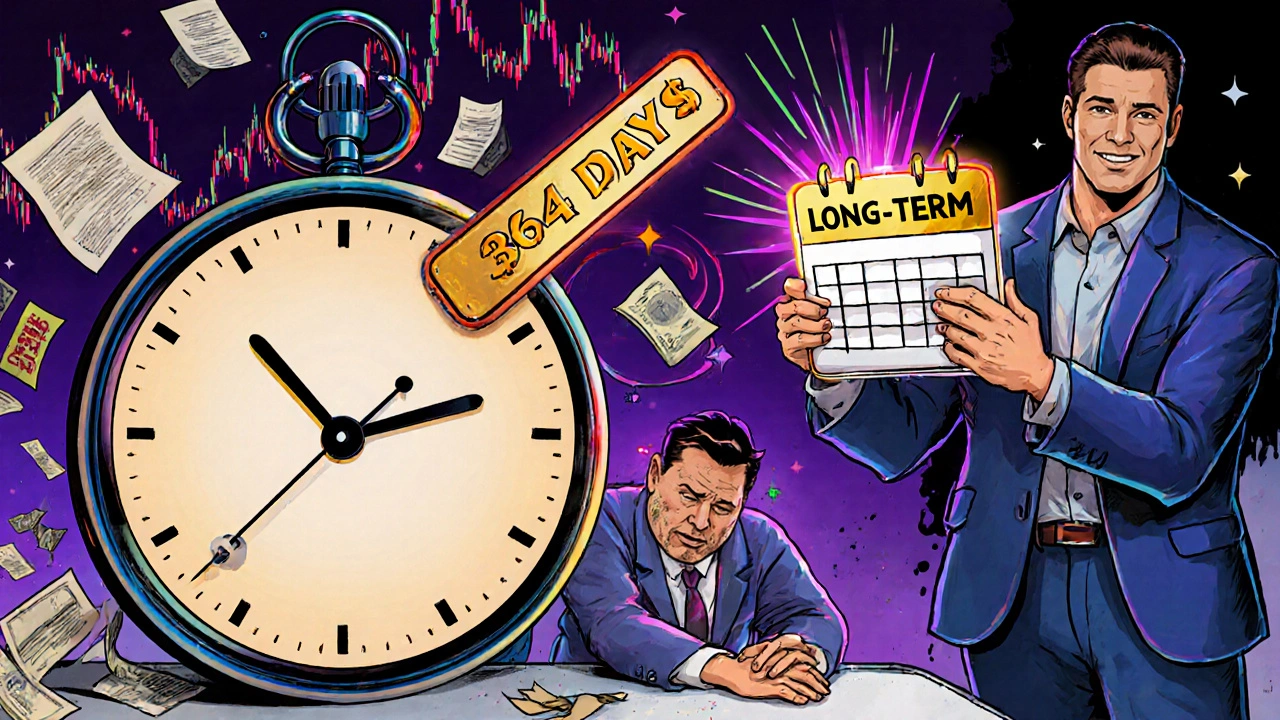Personal Finance: Build Savings, Credit, and Tax-Smart Habits
When it comes to personal finance, the day-to-day choices you make about money, from saving to spending to investing. Also known as individual finance, it’s not about fancy spreadsheets or stock picks—it’s about showing up consistently so your money works for you, not against you. Most people think personal finance means getting rich. It doesn’t. It means staying out of stress, avoiding surprise bills, and finally feeling like you’re in control. That starts with three things: an emergency fund, good credit, and smart tax timing.
You can’t skip the emergency fund, a cash buffer you keep separate from your checking account to cover unexpected costs like car repairs or medical bills. Also known as financial safety net, it’s not something you wait for ‘when you’re ready’—it’s the first step everyone skips, then regrets. Credit cards won’t save you in a real emergency. Retirement accounts aren’t meant for emergencies. And waiting until you have ‘enough’ is how people end up borrowing at 25% interest. Real savings mean putting aside $50 a week until you’ve got three to six months of living costs tucked away.
Then there’s credit, your financial reputation that opens doors to lower rates on loans, apartments, and even jobs. Also known as credit history, it’s not just about having a card—it’s about how you use it. Digital banks now help you build credit without a traditional credit history. You can start with a secured card, a credit-builder loan, or even use your rent and utility payments as proof of reliability. No more guessing. No more rejections. Just clear, proven steps.
And when you start investing? capital gains tax, the tax you pay when you sell an investment for more than you paid for it. Also known as investment tax, it’s not a one-size-fits-all bill. Holding an asset for more than a year can cut your tax rate by more than half. Timing your sales to fit into a lower tax bracket? That’s not cheating—it’s strategy. Using losses to offset gains? That’s how smart investors keep more of their money.
These aren’t separate topics. They’re connected. A strong emergency fund lets you avoid high-interest debt, which protects your credit. Good credit means lower rates on loans, which frees up cash to invest. Smart investing means paying less in taxes, which means more money stays in your pocket. Personal finance isn’t a mystery. It’s a chain reaction—and you’re already holding the first link.
Below, you’ll find clear, no-nonsense guides that cut through the noise. Learn how to build real savings, get approved for credit without a long history, and time your investments so taxes don’t eat your profits. No theory. No jargon. Just what works, right now.
















